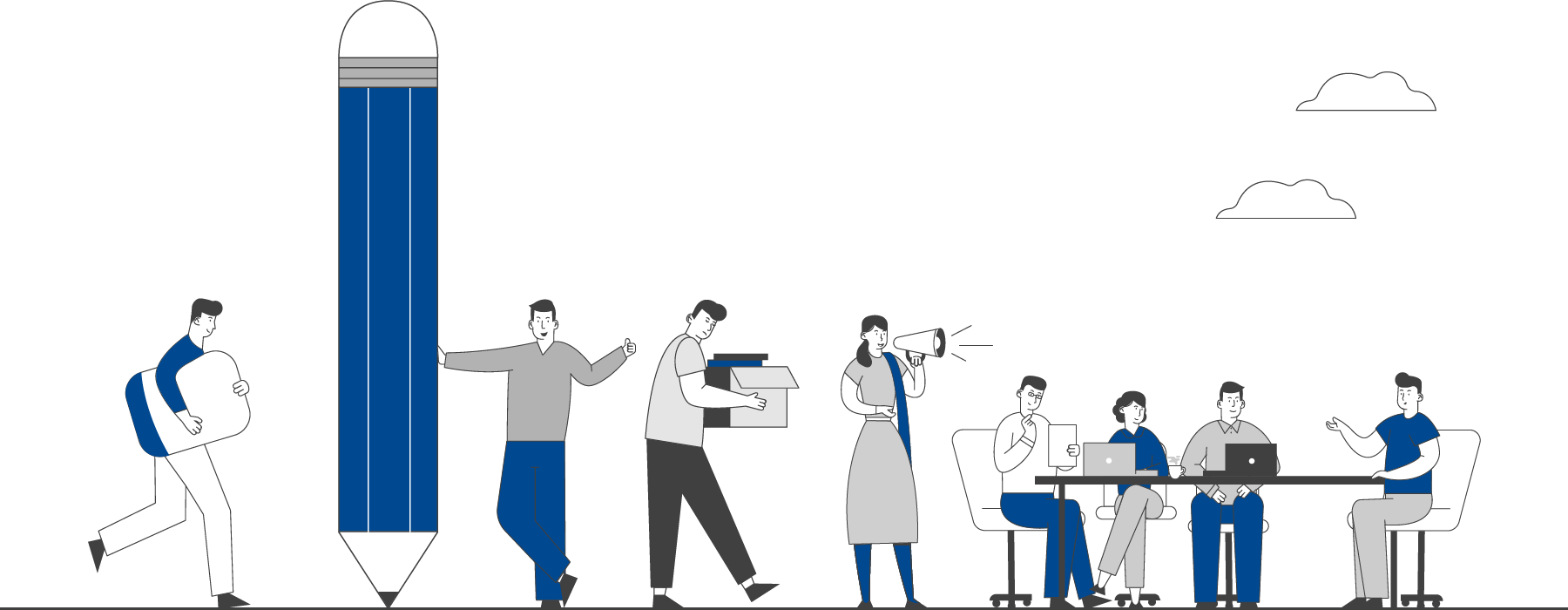

This section hosts guidelines, manuals and toolkits to strengthen public health practice.
Resources
FILTER
BY CATEGORY
View All
COVID-19-related Trafficking of Medical Products as a Threat to Public Health
28 May 2022by UNODC OVER 1 HOUR
Restrictions on movement imposed by governments across the world due to the COVID-19 pandemic have had an impact on the trafficking of substandard and falsified medical products. Interpol and the World Customs Organization (WCO) reported that seizures of substandard and falsified medical products, including personal protective equipment (PPE), increased for the first time in March 2020. The emergence of trafficking in PPE signals a significant shift in organized criminal group behavior that is directly attributable to the COVID-19 pandemic, which has brought a huge demand for medical products such as PPE over a relatively short period of time. It is foreseeable that, with the evolution of COVID-19 and developments in medicinal treatments and/or the repurposing of existing medicines, criminal behavior will shift from trafficking in PPE to the development and delivery of a COVID-19 vaccine. Furthermore, cyberattacks on critical infrastructure involved in addressing the pandemic are likely to continue in the form of online scams aimed at health procurement authorities. Challenges in pandemic preparedness, ranging from weak regulatory and legal frameworks to the prevention of the manufacturing and trafficking of substandard and falsified products and cyber security shortcomings, were evident before COVID-19, but the pandemic has exacerbated them and it will be difficult to make significant improvements in the immediate short term. The report concludes that crime targeting COVID-19 medical products will become more focused with significantly greater risks to public health as the containment phase of the pandemic passes to the treatment and prevention stages.
Related File :
6623222883.pdfCategories
COVID-19

 EXPLORE DATA
EXPLORE DATA 



























